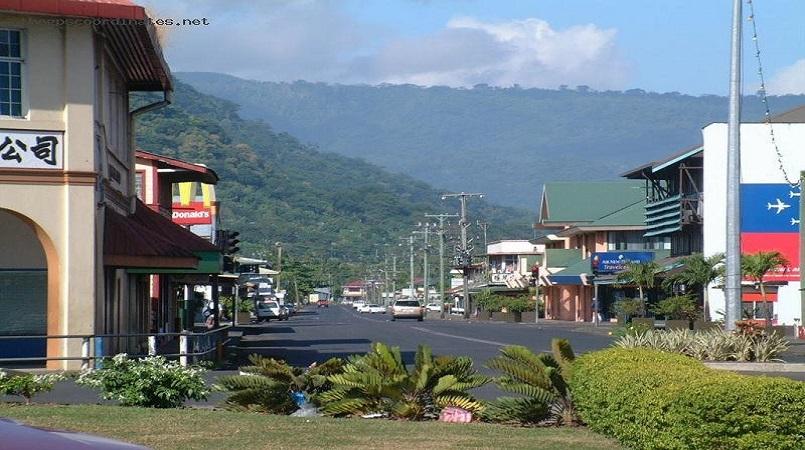
After months of political impasse, Samoa’s new Prime Minister Fiame Naomi Mata'afa says passing a temporary budget is on the top of her to do list.
Fiame and her Faatuatua ile Atua Samoa ua Tasi (FAST) Party, won the April 9 election by a slim majority and were sworn in, in May at an ad hoc outdoor ceremony after being locked out by the former Government who then challenged their swearing in.
On Friday, the Samoan Court of Appeal found the swearing-in of FAST MPs on May 24 was legitimate.
The new Prime Minister has told Pacific Beat parliament will meet at the earliest opportunity to pass a temporary budget to keep the government running.
“We’ve instructed the Treasury to prepare a 25% budget - this is a transitional, emergency provision provided under the Constitution allowing Government operations to continue."
“As a new administration it will also give us time to review the financial and economic situation to look at a fuller budget,” Fiame said.
Former long standing Prime Minister Tuilaepa Sailele Malielegaoi has now conceded defeat and said he was looking forward to working with the new FAST government.
Tuilaepa’s concession followed the congratulations from Samoa’s Head of State Tuimalealiifano Vaaletoa Sualauvi II and other Pacific leaders to the new Prime Minister over the weekend.
Fiame said tworking with Tuilaepa and uniting Samoa after the election will be important - especially given many in Upolu, where the majority of public servants live, voted in favour of the Human Rights Protection Party.
“We have to build the confidence of the public servants back to holding neutral positions and carrying out their functions,” Fiame said.
In terms of the global pandemic, Fiame said the new government is looking closely at the possibility of opening travel bubbles with neighbouring Pacific countries, but that the health of citizens is paramount.
Fiame said a review would occur into the country’s State of Emergency orders, suggesting some provisions may be loosened.
“Although we might keep the borders closed I think we need to review some of the emergency orders that are in place and are constraining people’s ability to activate business and livelihoods,” Fiame said.
